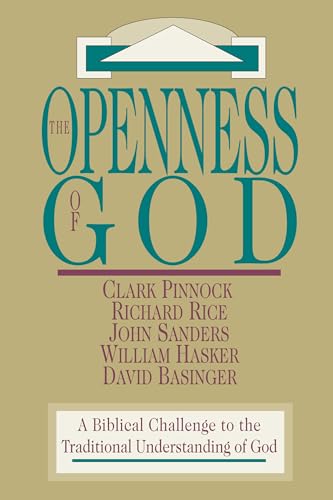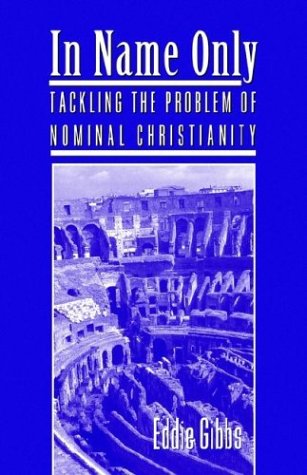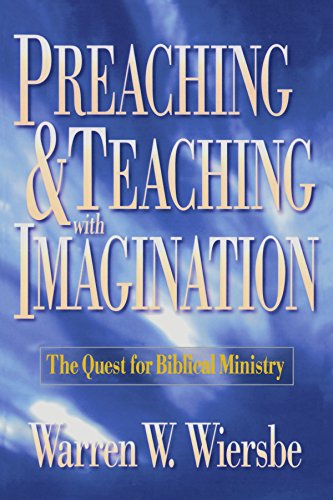A Complete Literary Guide to the Bible
Written by Leland Ryken and Tremper Longman III (eds) Reviewed By Craig BlombergIn 1987, R. Alter and F. Kermode published The Literary Guide to the Bible (Harvard), which turned out to be a disparate collection of short essays, from biblical specialists, of quite uneven quality. Some readings reflected mainstream scholarship, some were quite aberrant, and the definitions of literary’ varied so greatly that one had no idea what to expect in a given essay. Longman, professor of OT at Westminster Seminary in Pennsylvania, and Ryken, professor of English literature at Wheaton College in Illinois, have tried to remedy this situation with this anthology of mostly conservative authors, all focusing on issues of genre, unity, style, and ‘the universal human experience’ in each of the books or sections of the Bible surveyed. They also divided the assignments evenly among biblical scholars and specialists in English literature, with readers from each discipline reading and critiquing essays from the other discipline.
Although the adjective ‘Complete’ in the title is overly generous and a bit arrogant, the Ryken/Longman volume surely outclasses its predecessor. In addition to studies of individual books or groups of books, various essays treat the Bible (and each testament individually) as literature, a history of the literary use of the Bible, narrative, poetry, prophecy, and parable, the novelist and the Bible (by famed Jewish writer Chaim Potok), the Bible through a poet’s eyes, and the value of a literary approach for preaching. Particularly instructive are John Sailhamer on Genesis (with narrative foreshadowings and parallels), Wilma McClarty on Esther (as a reversal of Eve), Lloyd Carr on the Song of Songs (with dischronologized narrative as the key to seeing the lovers’ sexual practices reserved for marriage), James H. Sims on Daniel (showing literary unity across the non-apocalyptic and apocalyptic sections), and John Sider on parables (defining them as analogies). The editors themselves singly or jointly write no less than nine of the 38 articles; Ryken in particular has distinguished himself as a specialist on the Bible as literature through at least six major books devoted to the topic. Readers looking for esoteric structuralist or post-structuralist approaches, or for avant-garde feminist or liberationist themes, will not find them here. Those who wonder, in light of some of the above methodologies, if literary criticism has anything of value to offer the reader interested in taking the canonical form of the text seriously, as an authority for his or her life, will be amply rewarded by the insights disclosed on page after page of this volume.
Craig Blomberg
Craig Blomberg
Denver Seminary
Denver, Colorado, USA







